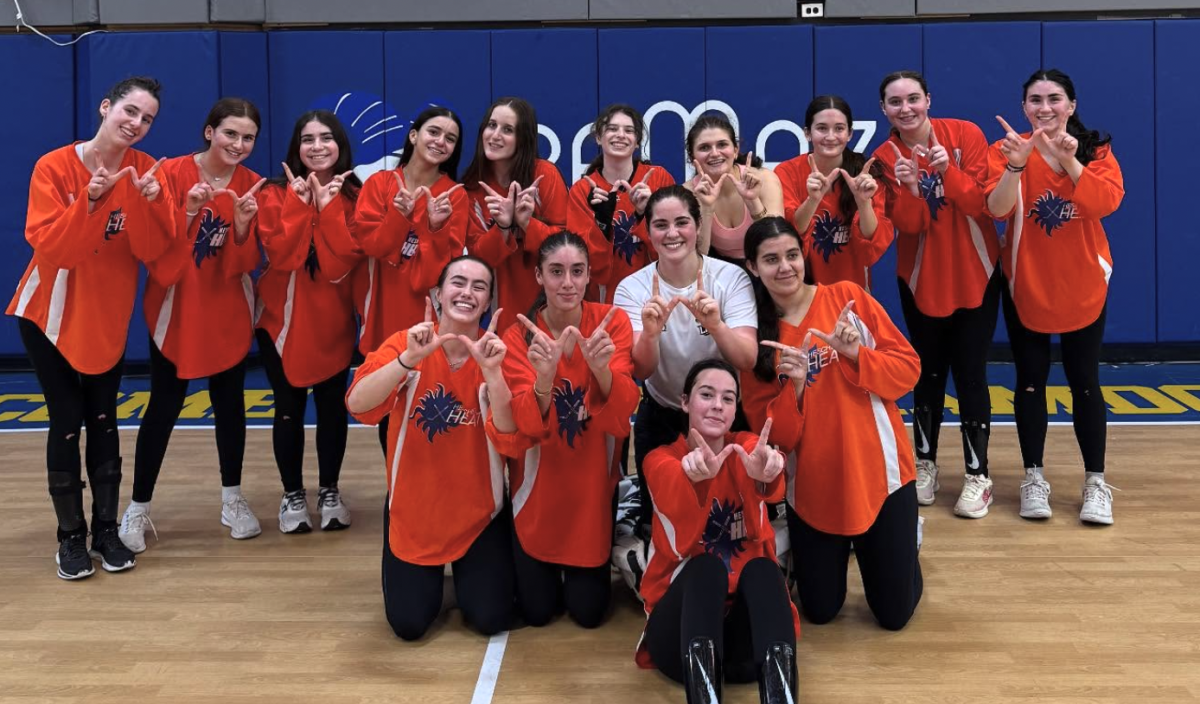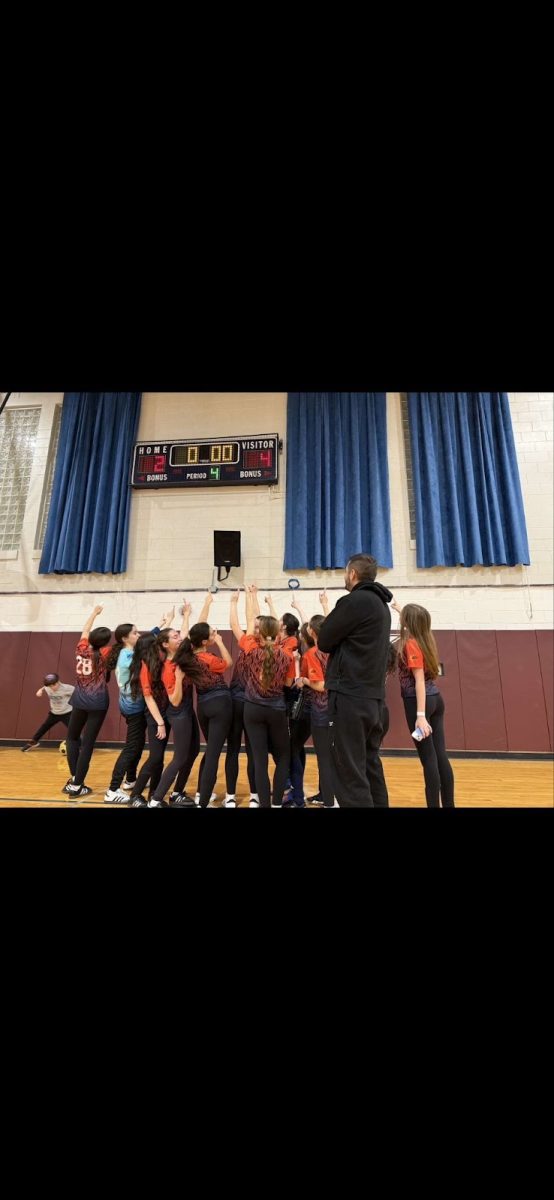After forty-five days of striking, the United Auto Workers (UAW) reached a preliminary agreement with General Motors, one of the largest automotive manufacturers in America. On Sept. 15, workers walked out of their jobs at the Big Three automakers in the US: Stellantis, Ford Motor Company, and General Motors (GM).
Workers were striking because they said Ford, Stellantis, and GM–all companies that make billions in profits each year–needed to raise workers’ pay, provide better benefits, and offer fairer contracts for temporary workers. This strike was effective because, despite the amount of influence and money that these large car companies have, they depend on their workers to carry out day-to-day operations. When auto workers walked out, companies had to listen to the workers’ demands, or risk losing a great deal of money.
On Oct. 25 and Oct. 28, the UAW reached an agreement with Ford and Stellantis respectively; however, General Motors held out for two more days; its spokesman, David Barnas, said they were “disappointed by the UAW’s action in light of the progress we have made.”
As GM agreed to the terms of this landmark deal, striking workers were finally able to get back to work.
This deal was unprecedented, as the union negotiated to raise employee wages by roughly 25%, as well as improve benefits for the workers. This was also the first time that a sitting president has joined workers on the picket lines. Towards the beginning of the strike, Joe Biden traveled to Michigan to show support for the UAW workers.
Union members voted whether or not to approve the contracts on Nov. 16. The deals at both Ford and Stellantis were ratified without much difficulty. However, many older, established auto workers at GM signaled opposition to the deal, citing a desire for better financial backing after they retire, such as health care plans or pensions. As a result of this, the contract at GM was approved by a close margin, with 45% voting to reject the agreement.
Despite the fact that this strike impacted more than 34,000 autoworkers, many Heschel students were not fully informed on the subject. “I haven’t heard anything about it,” said sophomore Max Renas.
Yet he supports the workers.
“I believe striking is a good thing,” he said. “If there were never any strikes, most kids would be in factories.”
This strike comes amid a year full of other strikes, such as the SAG-AFTRA and WGA strike that held up Hollywood studios and pushed back production for a number of major movies.


